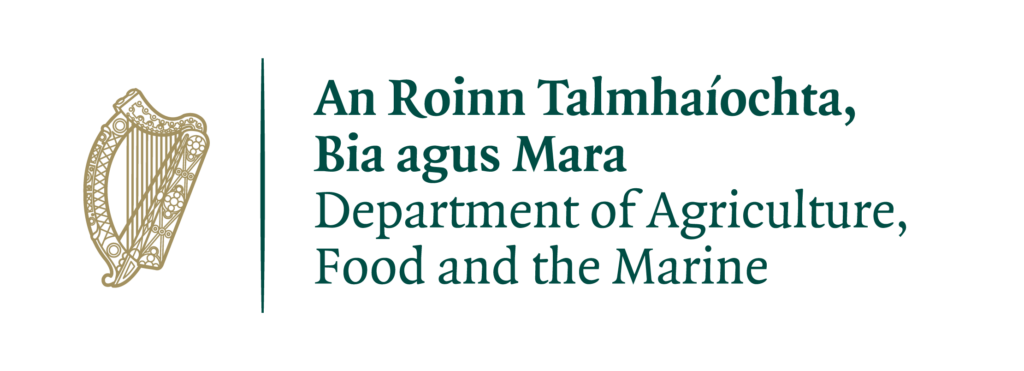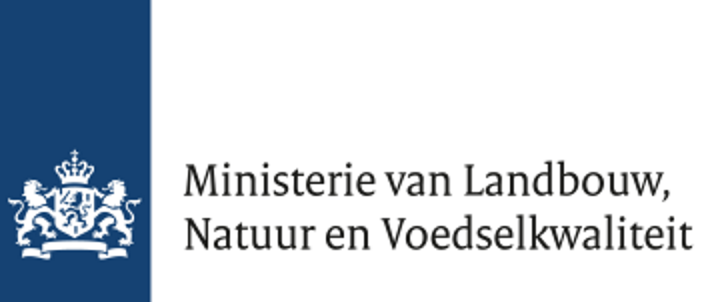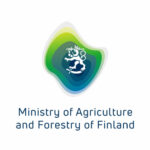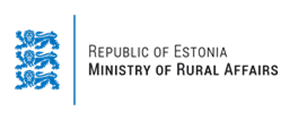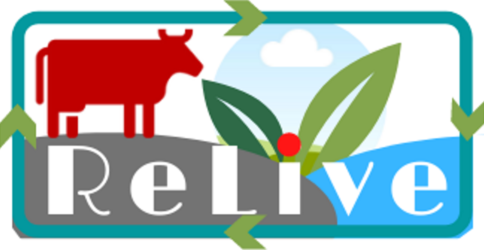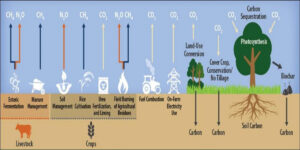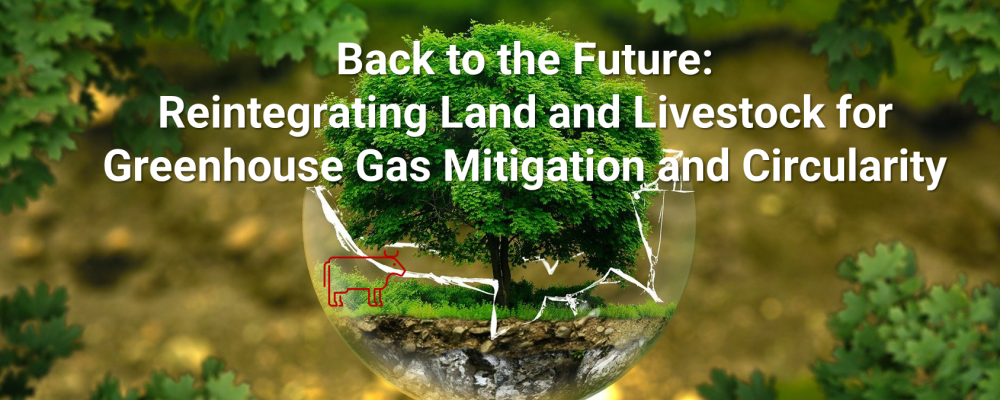
A Transnational Project funded by ERA-NET (EU) and GRA in collaboration with national funding agencies.
Significance
The widespread reintroduction of crops and livestock could make a major contribution to the development of the wider EU circular (agricultural) economy and contribute to sustainable growth, through the more effective recycling of materials and resources, the minimization of waste, and a reduction in external supplies of feed and synthetic fertilizers, with potential biodiversity, environmental and soil health benefits. However, this comes with significant challenges, including the potential for enhanced GHG emissions, particularly methane emissions, from enteric fermentation, land degradation due to over grazing and water pollution as well as the need to effectively substitute all/most inorganic fertilizers with organic manures. Organic amendments applied to land could conversely result in enhanced
GHG emissions, particular nitrous oxide emissions, unless these are managed appropriately and the necessity to store large amounts of organic manures/wastes may also be problematic, given their links to environmental pollution and GHG emissions. Additional complications could arise due to associated modifications in land use, including a shift from a grass-based to a forage/alternative crop-based diet, altered grazing practices and increased competition between food and animal feed or the use of biogas or bioenergy crops.
Another key issue is the economic consequences of reintroducing livestock and whether the necessary incentives are available for them to be taken up by farmers. Whilst mixed farming systems were previously common and economically viable, new developments will require them to be matched with current production and market conditions and the availability of suitable value chains and business models to ensure their long-term viability. To address this, we have assembled a multi-actor inter-disciplinary research team, with wide ranging expertise in the whole animal-crop supply chain and its environmental impact, which will take a holistic approach to the sustainable reintegration of livestock and cropping systems.
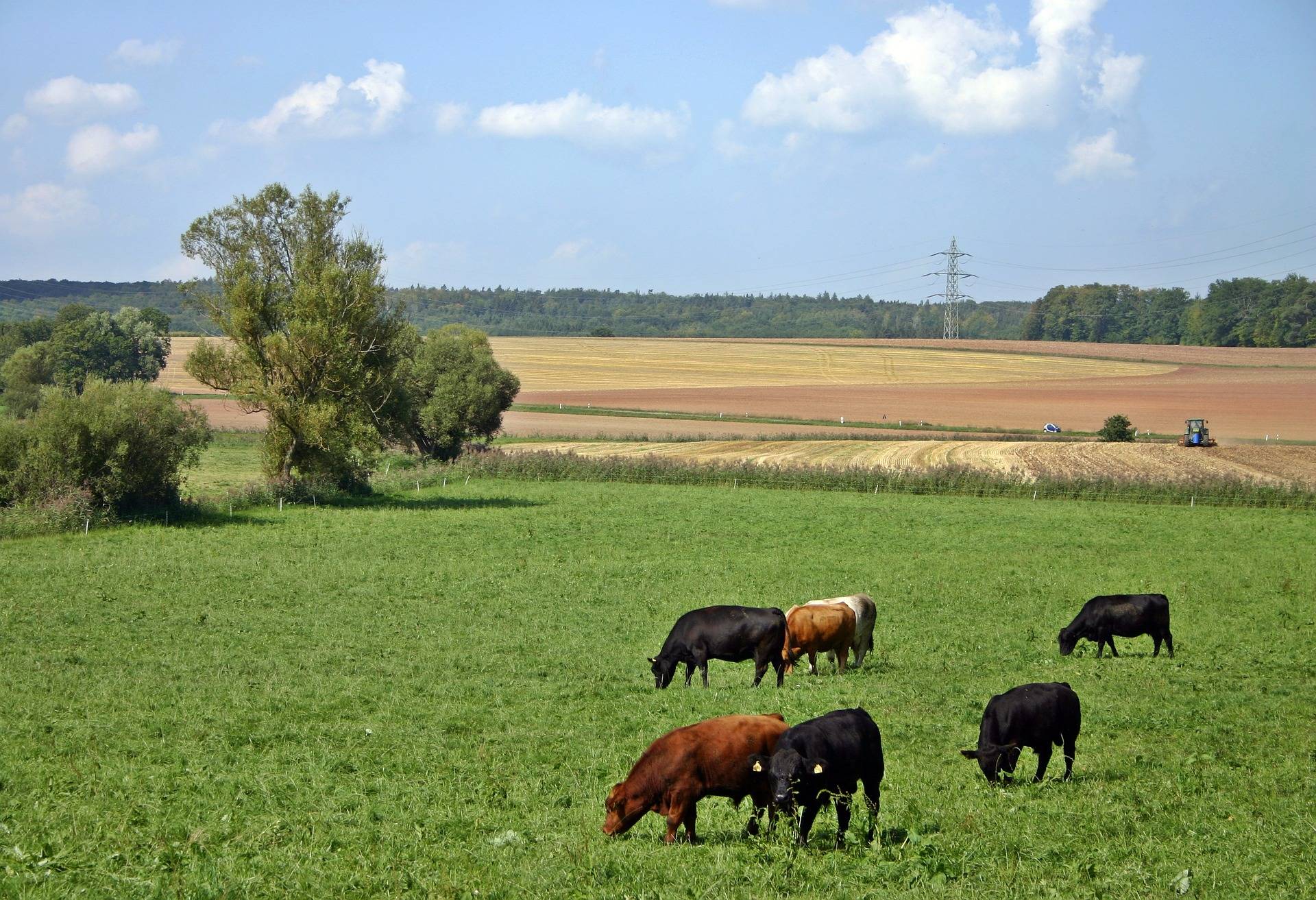
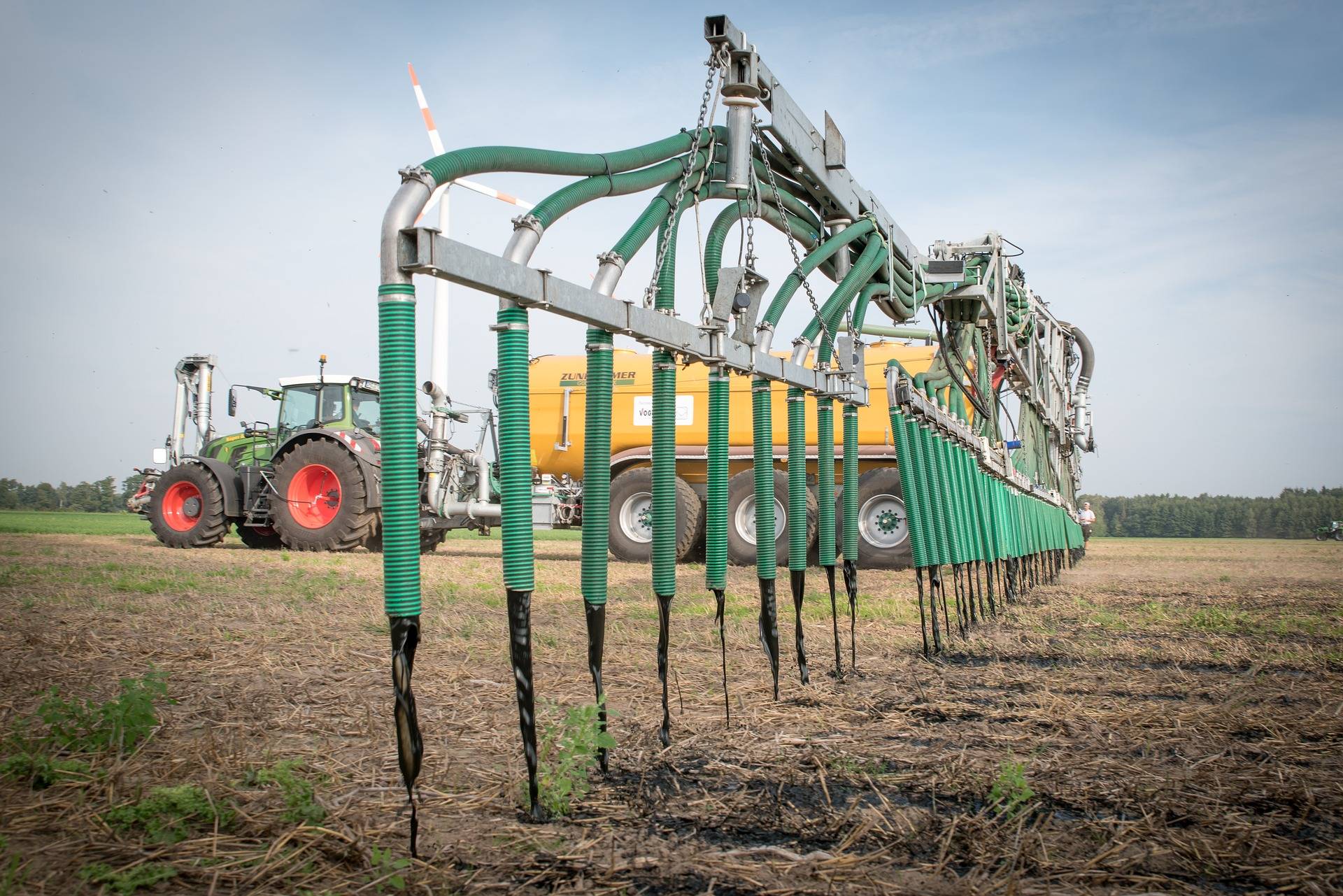

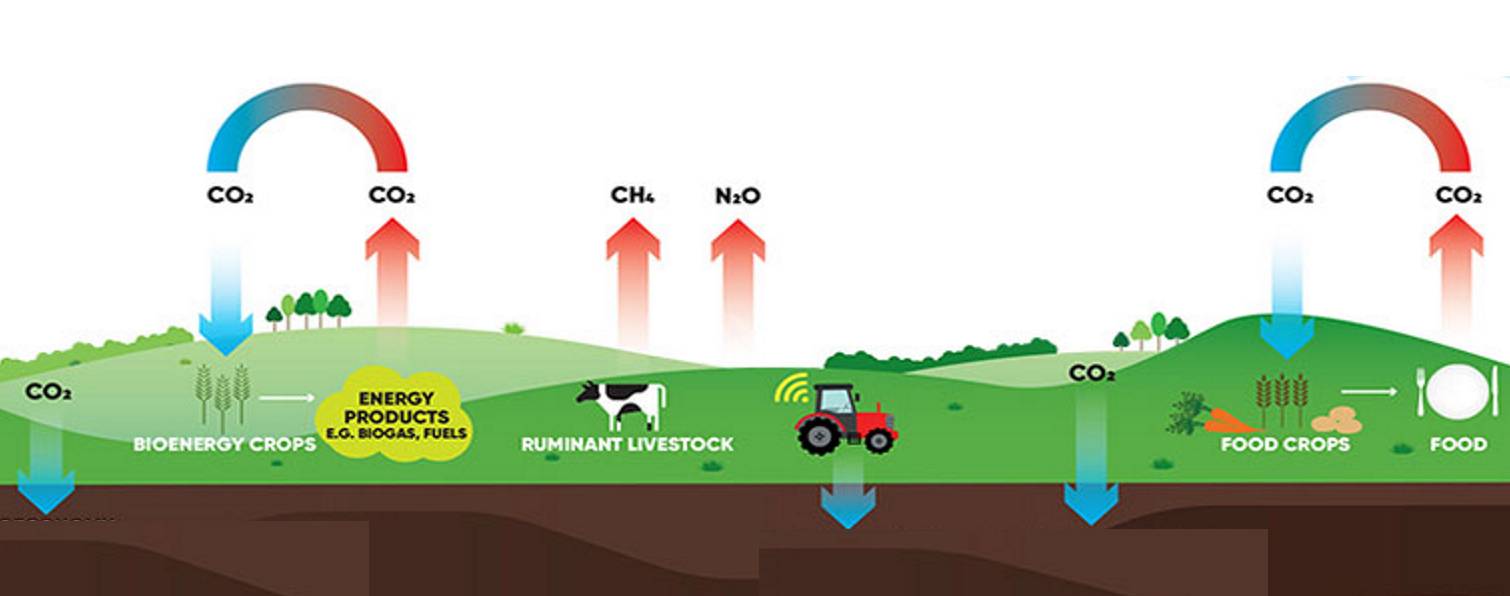
Objectives
The widespread reintegration of crops and livestock could provide a significant impetus to the development of the wider EU circular economy and contribute to sustainable growth, through the recycling of materials and resources, the minimization of waste, and a reduction in external inputs, with potential biodiversity, environmental and soil health benefits. However, this comes with significant challenges, including the potential for enhanced methane (CH4) emissions and the need to substitute all/most synthetic fertilizers with organic manures.
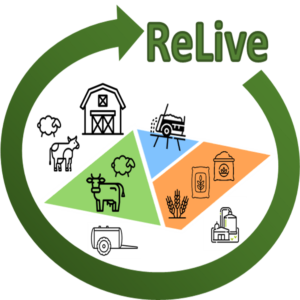
The application of organic amendments could also enhance GHG emissions and the necessity to store large amounts of organic manures may further increase GHG emissions and environmental pollution. Additional complications could arise due to competition between food and animal feed and/or the use of land for bioenergy crops. Another key issue is the economic consequences of reintroducing livestock with cropping systems. Whilst mixed farming systems were previously common and economically viable, new developments require them to be matched with current production and market conditions and suitable value chains and business models to ensure their long-term viability and sustainability. To address these issues, we have assembled a multi-actor inter-disciplinary team that will take a holistic systems-based approach to the sustainable reintegration of livestock and cropping systems to mitigate GHGs whilst reducing environmental footprints. For further information:
Collaborating Institutes



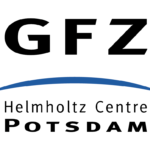


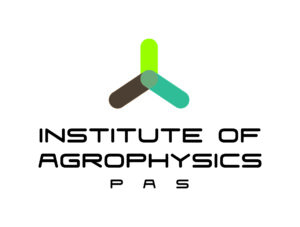



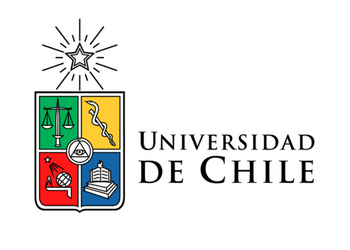
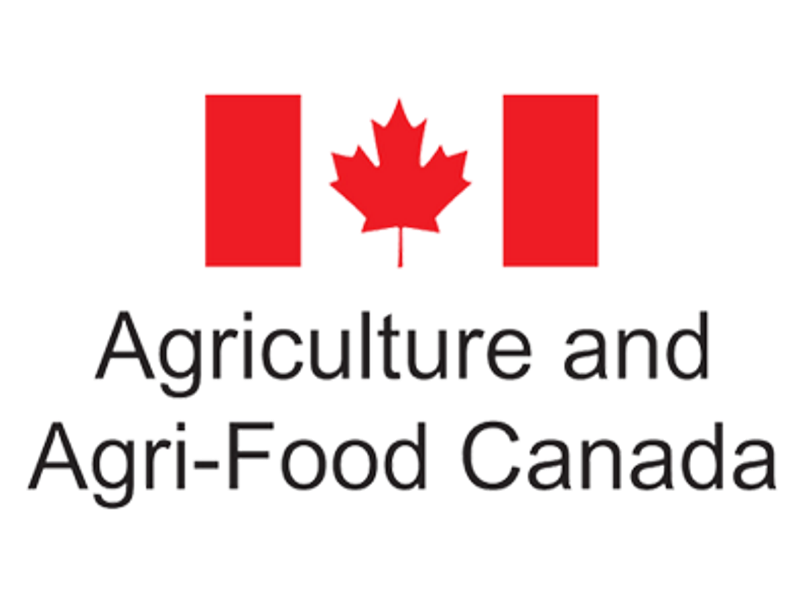

Funding Agencies
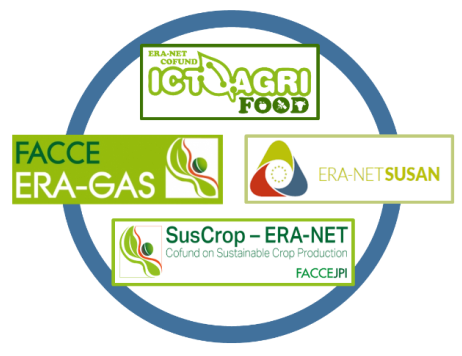
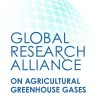
National Funding Agencies
